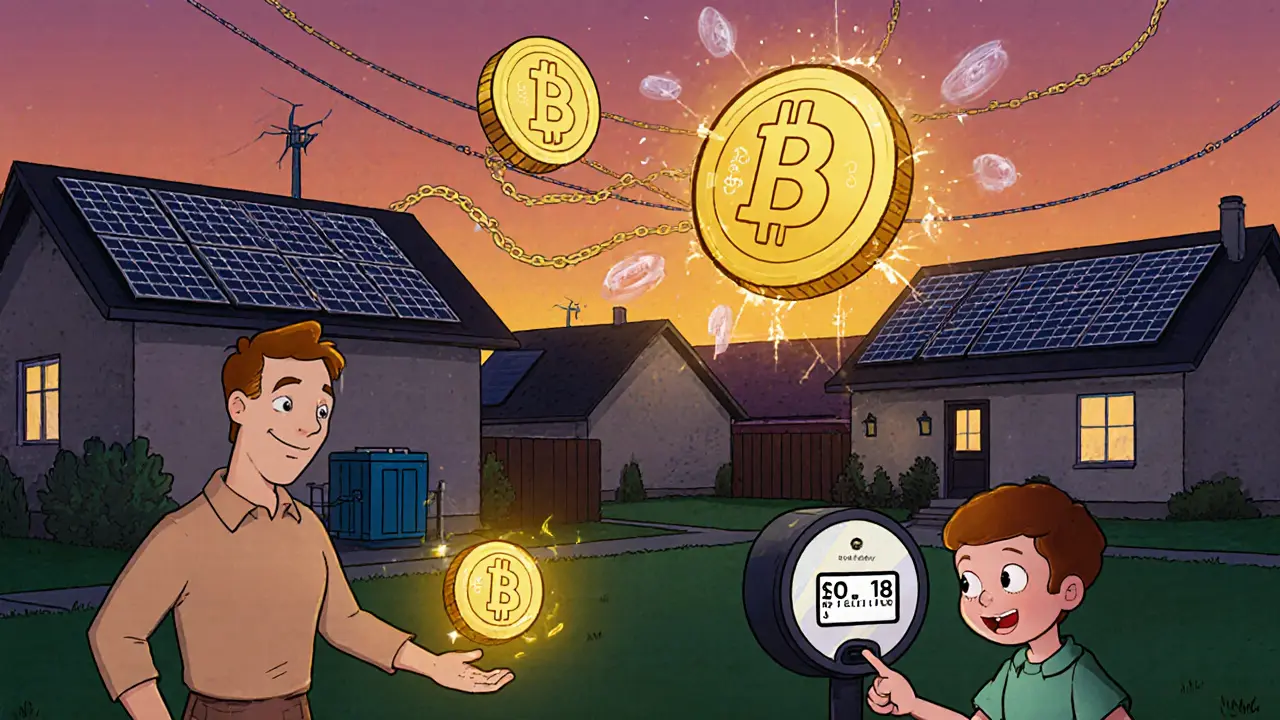Blockchain Energy: How Crypto Mining Uses Power and What It Means for You
When you hear blockchain energy, the total electricity consumed by cryptocurrency networks to validate transactions and secure their ledgers. Also known as crypto power usage, it’s not just a tech detail—it’s a real-world cost that affects everything from your wallet to the environment. Not all blockchains are the same. Some, like Bitcoin, rely on proof-of-work, a consensus method where miners compete using powerful computers to solve complex math problems, which eats up huge amounts of electricity. Others, like Ethereum after its 2022 upgrade, switched to proof-of-stake, a system where validators are chosen based on how much crypto they lock up, not how much power they burn, cutting energy use by over 99%. That’s not a small shift—it’s a revolution.
Why does this matter to you? If you’re holding Bitcoin or mining it yourself, you’re indirectly tied to coal plants and hydro dams. If you’re staking Ethereum or choosing a new coin, you’re voting with your wallet for cleaner tech. The difference isn’t just technical—it’s ethical, financial, and even legal. Countries like China banned crypto mining outright because of its energy drain. Others, like Texas and Kazakhstan, became mining hubs because of cheap power. Meanwhile, regulators in the EU and U.S. are starting to demand transparency around how much energy each chain uses. You can’t ignore this if you’re serious about crypto.
The posts below show you exactly how this plays out in real projects—from the high-power miners still running old-school setups to the new chains built for efficiency. You’ll see how restaking impacts validator energy demands, how CBDCs could change the whole energy game, and why some airdrops are tied to low-energy networks. There’s no fluff here. Just facts about who’s using power, who’s cutting back, and what that means for your next move.

How Microgrids and Blockchain Technology Are Reshaping Local Energy Markets
Caius Merrow Nov, 3 2025 0Microgrids powered by blockchain enable peer-to-peer energy trading, automate payments with smart contracts, and make renewable energy more transparent and profitable for communities. This is the future of local power.
More Detail